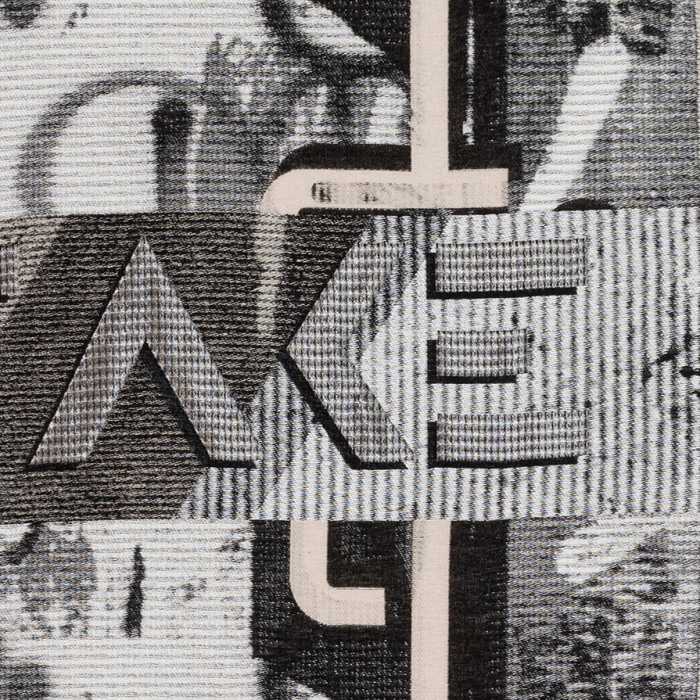Damn The Torpedoes
I’m writing this on Feb. 22, George Washington’s birthday, so I have no idea if automatic spending cuts (sequestration) will go into effect on March 1. Well, happy birthday George, though I’m sure the Father of our Country would loathe acknowledging paternity for the reckless manner in which his Republic spends taxpayer dollars. Taxation was, after all, the clarion call that gave birth to his country and it was indeed Washington’s vice president, John Adams, who observed that there are two ways to conquer and enslave a nation. One is by the sword …The other is by debt.
No army has threatened us with conquest since the British invaded the homeland during the War of 1812. But today we are constantly harassed by the armies of indebtedness that threaten to subject us and shackle our descendants. By now our Chief Executive’s maddening indifference about the debt is obvious. The president is far more interested in securing more revenue for his social programs. There are two ways to generate revenue. The first is to grow the economy and thereby broaden the base of taxation. That’s not going to happen anytime soon. The other way is simply to increase the rate of taxation.
The president’s current plan is the same as his last plan: In return for tax increases there will be spending cuts. The president got his tax increases; not only on the wealthy but also by raising the payroll tax that most affects ordinary Americans. Meaningful spending cuts, however, were so exiguous that they can’t count for anything more than window dressing. Ronald Reagan learned that painful lesson back in the ’80s. Democrats enjoy pointing out that even the old Gipper eventually raised taxes, but he did so as a last resort to plug the spigot on spending. Reagan, to his dismay, discovered that while taxes went up so did spending.
Its déjà vu all over again as Yogi Berra would say. More taxes equal more spending. It’s a phenomenon as dependable as the orbiting of the earth. That’s why the great economist Milton Friedman argued that the only way to stop spending is by preventing government from getting more dollars to spend. Republicans get it and are saying to the Chief Executive “no dice.” You got your tax increases, Mr. President, without curbing spending. They understand that Obama is not for tax reform; he’s for tax augmentation. The greatest crisis looming over the future of the United States is out of control spending and a soaring deficit. If the Federal Reserve had not suppressed the interest rate to next to nothing the U.S. would be on the fast track, instead of on the longer path to bankruptcy.
President Obama, seeing the Republicans holding the reins tight, resorted to a kind of balmy hysteria. The president has a gift for saying the most outrageous things in the most unruffled, equable manner. This cool, even serene delivery confers a quintessential reasonableness, an impeccable plausibility and a fount of sagacity upon the messenger. So the president can invoke the most implausible scenarios with such savoir faire that even his most rabid enunciations seem a model of rhetorical equanimity.
Thus if those evil Republicans force sequestration upon us there will be no cops, no teachers, no firefighters and no air traffic controllers. Obama certainly thought that cuts in national defense would bring Republicans around. Thus far it hasn’t; the GOP has unsheathed its sword and has drawn a line in the sand. Admittedly, sequestration is poor public policy. It should be avoided until it can no longer be avoided. Scurrility aside, the Republican leadership is hardly being nihilistic in seeking to compel the president to keep his end of the bargain and deal with the spending crisis even though it’s quite altogether possible the public will join the president in blaming the GOP.
Despite the risks, I would counsel Republicans to take their cue from Admiral David Farragut, hero of the Battle of Mobile Bay: Damn the torpedoes, full speed ahead. Cutting $85 billion from a $3.8 trillion budget is not particularly Draconian. Government agencies instead of going belly up are more likely to impose those cuts where it will do the least harm. The public just might be hungry enough for their elected officials to do the responsible thing.
There is, after all, something deeply unsettling about the way our country does business and I think Americans know it though they have been hesitant to come to terms with it. A feeling that things are out of control, that our leadership lacks maturity if not judgment; that the counsels of government have been pathetically childish about our profligacy. That uneasiness, if it could be tapped into, is the best thing America has going for it in this crisis.


































